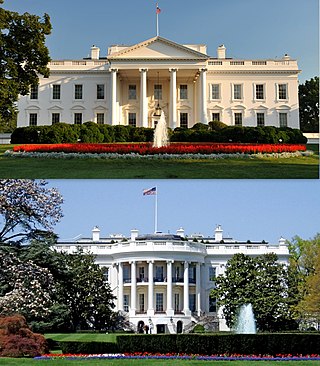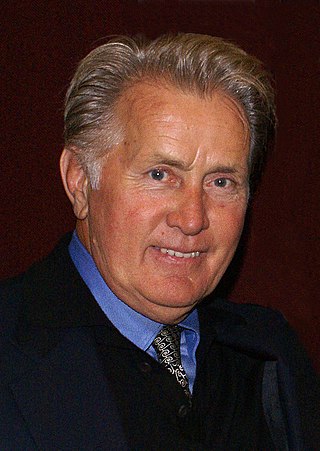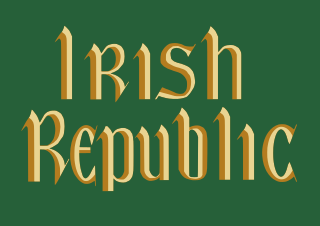IWCA may refer to:
- Independent Working Class Association, a left-wing political party in Britain
- International Wing Chun Academy, a martial arts school in Australia
- Irish Women's Citizens Association, a non-governmental organisation in Ireland
IWCA may refer to:
IPA commonly refers to:

The White House is the official residence and workplace of the president of the United States. It is located at 1600 Pennsylvania Avenue NW in Washington, D.C., and has been the residence of every U.S. president since John Adams in 1800 when the national capital was moved from Philadelphia to Washington, D.C. The term "White House" is often used as metonymy for the president and his advisers.
IEA may refer to:

Ramón Antonio Gerardo Estévez, known professionally as Martin Sheen, is an American actor. In a career spanning six decades he received numerous accolades including three Emmy Awards, a Golden Globe Award, and four Screen Actors Guild Award.
Confederacy or confederate may refer to:
AR, Ar, or A&R may refer to:
PLA may refer to:
Gaelic is an adjective that means "pertaining to the Gaels". It may refer to:
NPA may refer to:
Nama or NAMA may refer to:

Irish republicanism is the political movement for the unity and independence of Ireland under a republic. Irish republicans view British rule in any part of Ireland as inherently illegitimate.
UFF or Uff may refer to:

The Irish Republican Army (IRA) is a name used by various paramilitary organisations in Ireland throughout the 20th and 21st centuries. Organisations by this name have been dedicated to anti-imperialism through Irish republicanism, the belief that all of Ireland should be an independent republic free from British rule.
The republican movement refers to the Irish Republican Army (IRA) and other political, social and paramilitary organisations and movements associated with it. It can refer to:
Gaza may refer to:
OLA may stand for:
Twenty-Five or 25 may refer to:
Ira or IRA may refer to:
INLA or similar may refer to:
The Irish Women's Citizens Association was an influential non-governmental organisation created in 1923 to advocate for women's rights in the aftermath of the Irish War of Independence and the Irish Civil War. Originally known as the Irish Women's Citizens' and Local Government Association, it was the result of a merger between the Irish Women's Suffrage and Local Government Association and the Irish Women's Association of Citizenship. The aim of the new society was to “bring together all Irishwomen of all politics and all creeds for the study and practice of good citizenship”. Members of the Irish Women's Citizens Association were usually urban, middle class women who were educated. Many of them were feminists who had been involved in the suffrage movement as members of the Irish Women's Suffrage and Local Government Association that stayed involved with activism after suffrage was achieved. They believed all women were full citizens, and they worked to protect their rights as citizens. The association was active for three decades and advocated on key laws passed by the Irish Free State in its first decades of independence. In 1949 the IWCA merged with the Irish Housewives Association.